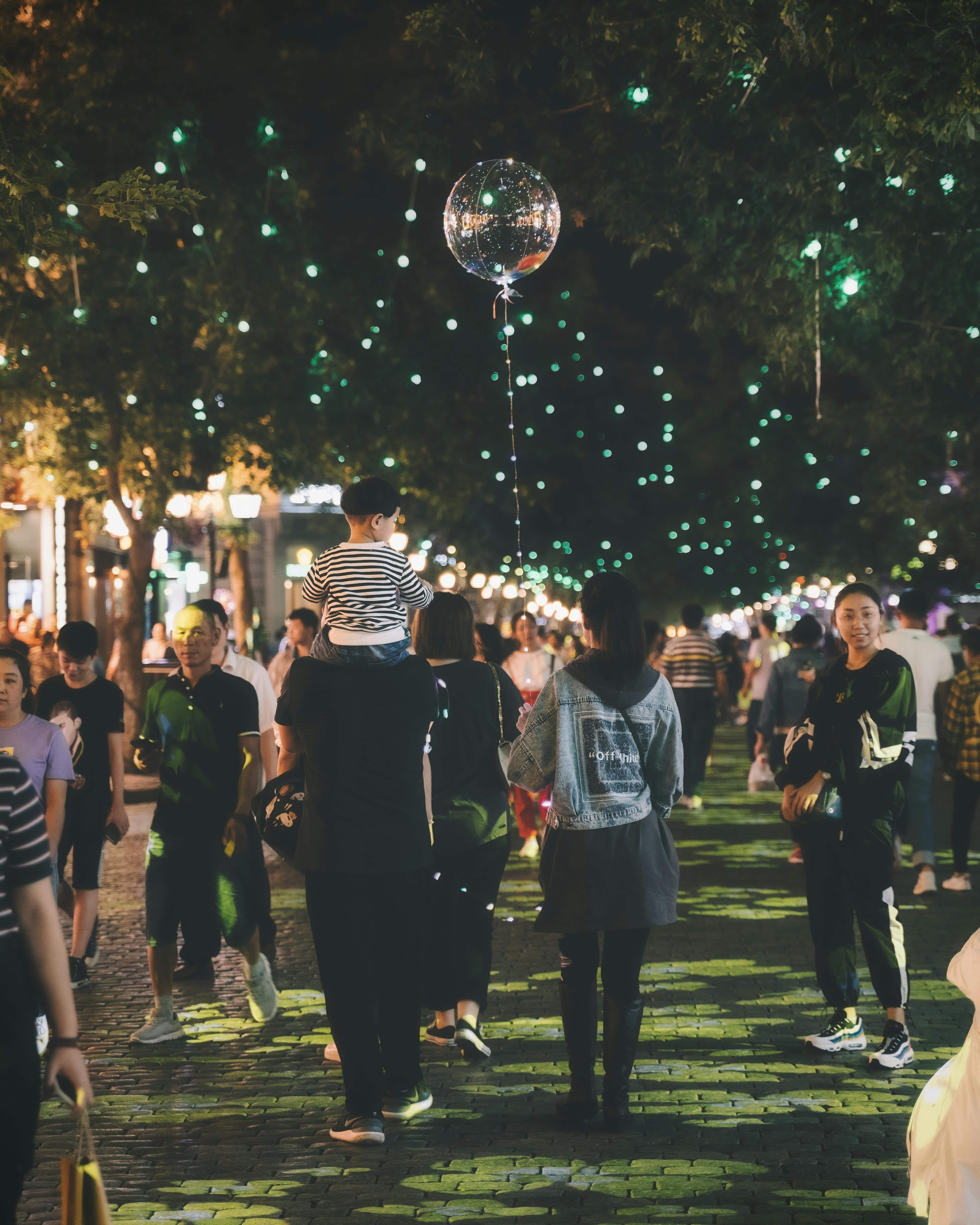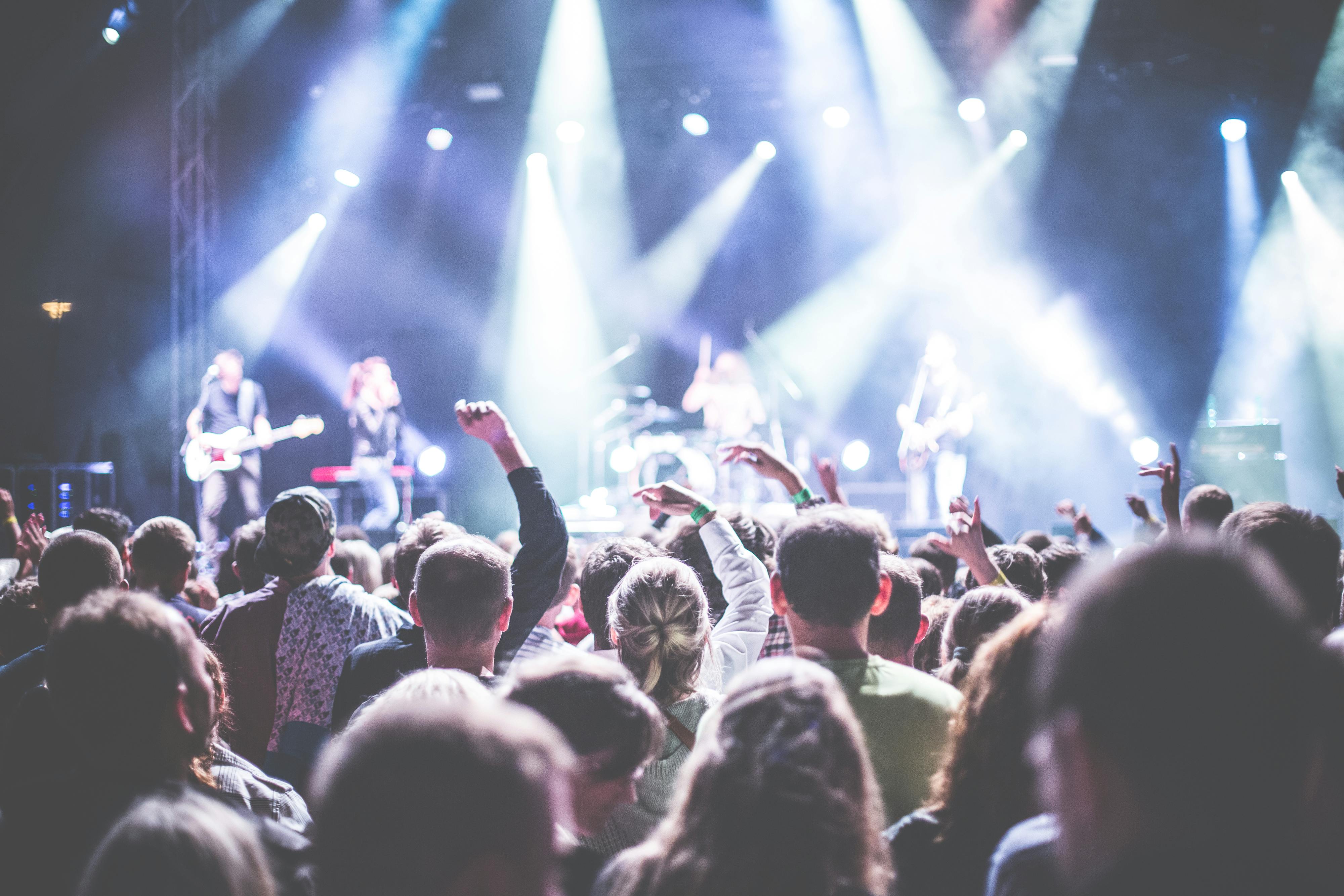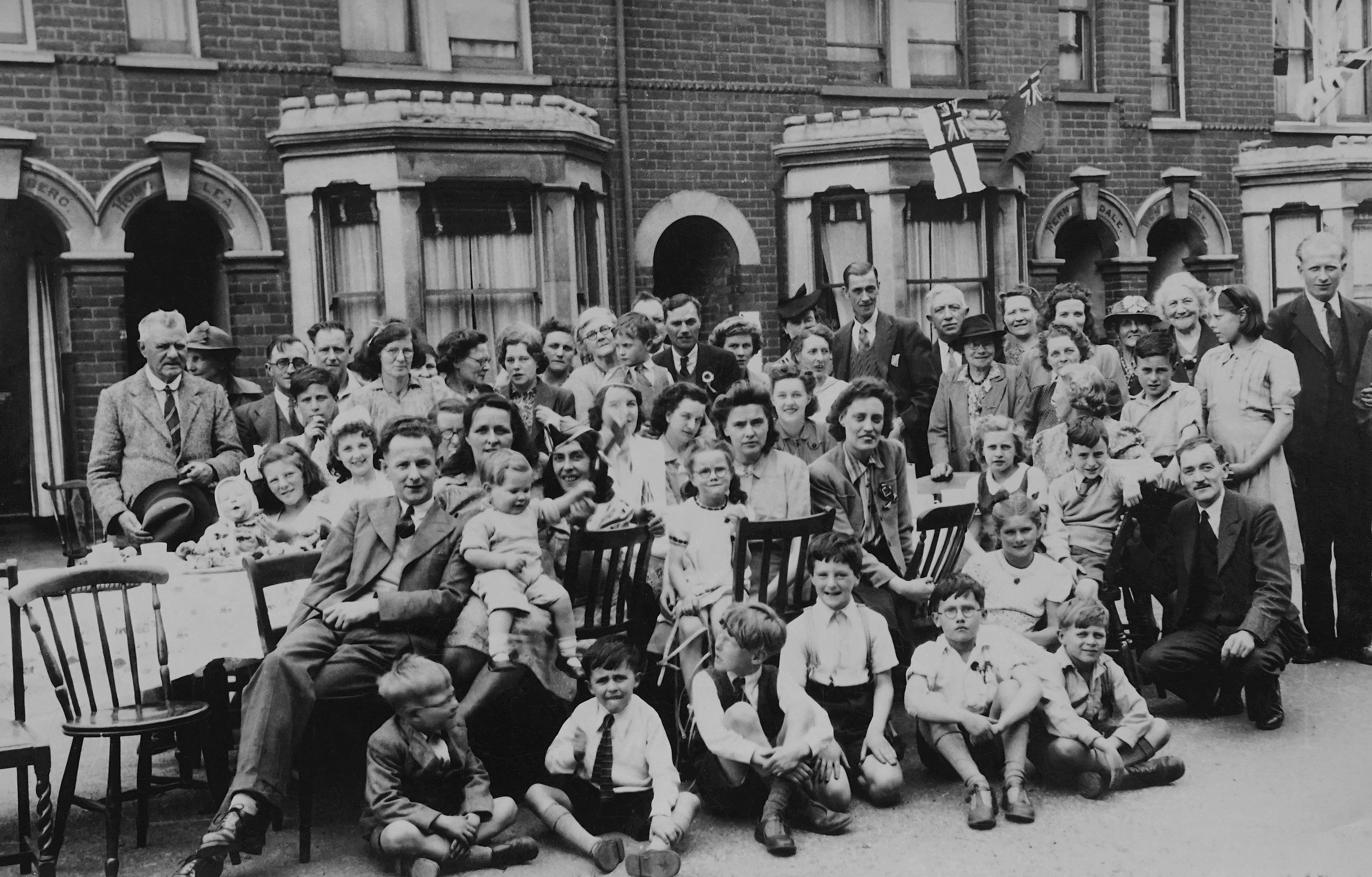Published on: 27 June 2025
Planning an event is an exciting endeavour, whether it’s a festival, private celebration or community fete. However, it’s not always sunshine and roses, especially if something unpredictable were to occur. Hazards and risks can crop up at any time during your event, and the best way to mitigate them is to be fully prepared with the right plans in place if the worst should happen. Understanding what hazards to be aware of, how to prevent them and how to deal with them is an essential part of event planning, so keep abreast of your risk management and don’t forget about insurance!
What risks and hazards can occur at events?
A hazard is anything that has the potential to cause harm to anyone or anything at your event, such as fire, electricity, weather, crowd behaviour, etc. A risk is the likelihood and severity of harm occurring from a hazard. Risk assessments are essential tools for event risk management, as they help you to identify the hazards, evaluate the risks and implement safety measures to reduce or eliminate them.
9 examples of event hazards
Here are nine common hazards that you should be aware of when planning an event:
-
Fire
Fire is one of the most serious and common hazards at an event, especially if you are using temporary structures, electrical equipment, candles, pyrotechnics or flammable materials. Event organisers should have a fire safety management plan that includes detailed information regarding fire prevention, detection and evacuation. You should also ensure that all your staff and contractors are trained in fire safety procedures and that you have adequate fire-fighting equipment and signage on site.
-
Electricity
Electricity is another potential major hazard, so it is important to ensure that all your electrical equipment is tested, certified and installed by qualified electricians. Avoid overloading sockets, using extension cords and adaptors excessively or exposing wires or cables to water or heat.
-
Weather
As we all know, weather in the UK can be unpredictable and may affect outdoor events in various ways. Extreme weather conditions such as rain, wind, snow, heat or cold can lead to injuries, illnesses, equipment or structural damage, power failures and even event cancellations. It is essential to keep a close eye on weather forecasts and devise a backup plan to address adverse conditions. You may also wish to consider taking out Adverse Weather insurance which will cover financial losses or extra costs incurred as a result of your event being cancelled due to poor weather.
-
Crowd and attendee behaviour
Attendee behaviour can be influenced by many factors such as alcohol consumption, excitement levels or aggression, potentially leading to injuries, crushes, fights, vandalism or disruption to your event. Crowd management measures should be put in place that include crowd control, security, communication, emergency response and evacuation. You must also ensure that you have sufficient staff, security personnel and stewards on site to monitor and manage the crowd behaviour.
-
Temporary structures
Temporary structures such as marquees or stages can pose various hazards such as collapse, tripping hazards or obstruction of access routes. Any temporary structures will need to be installed by competent contractors who follow the relevant standards and regulations. You should also inspect and maintain your temporary structures regularly to ensure they are secured against wind or other forces.
-
Food safety
Any event that involves catering or food service presents its own potential hazards. Food poisoning, allergic reactions or choking can cause serious health problems or even death for your attendees or staff. You should ensure that all your food suppliers and caterers are registered, licensed and inspected by the relevant authorities. You must also ensure that you have adequate facilities for food storage, preparation, service and disposal on site.
-
Noise
The impact of noise on your event can vary greatly depending on factors such as volume, duration and proximity. While excessive noise can prove to be a nuisance for attendees and surrounding communities, it can also pose a serious hazard, potentially leading to hearing loss, tinnitus and sleep disturbance. As part of your planning, conduct an assessment to measure the noise levels and consult with your local council’s Environmental Protection Team prior to the event.
-
Traffic
Traffic can be a challenge for any event that involves the movement of vehicles or pedestrians to and from your venue. Traffic can cause accidents, injuries, congestion, delays or pollution, so it’s important to implement a traffic management plan that includes traffic control, parking, signage or alternative transportation options. You should also consult with local authorities and transport providers to ensure the safety and efficiency of the traffic flow.
-
Pollution
Large events can often produce substantial amounts of carbon dioxide as a result of traffic volume and the use of generators, contributing to climate change and air pollution. They can also generate huge amounts of waste, such as discarded tents, food, human waste, plastic and other materials, which can end up in landfills or waterways, harming the surrounding environment and wildlife. As part of your Corporate Social Responsibility, consider adopting sustainable practices, such as using renewable energy and encouraging attendees to carshare.
Why is it important to know what hazards may occur at an event?
Now that you’ve identified the common hazards to be aware of when event planning, you can begin to plan proactively to minimise the chances of these occurring, rather than just reactively. This gives you the opportunity to put effective safety measures in place and brief your team accordingly, while ensuring you meet all legal responsibilities. In doing so, you can prevent accidents and disruptions from happening at your event and reduce the chances of financial loss, injury or reputational damage. Ultimately, foreseeing what could go wrong is the first step in making sure everything goes right.
How can I effectively mitigate risks at my event?
Mitigating risks during event planning starts with conducting a thorough risk assessment well in advance to the event. By identifying the potential hazards and putting practical measures in place to reduce their likelihood or impact can help to ensure that your event runs smoothly and safely. You can use a risk management template to get started. For an extra (and essential) layer of protection, taking out the right insurance allows you some peace of mind in case anything unexpected should occur.
Should I take out insurance for my event?
Even with the most meticulous and careful event planning, accidents can still happen, and you may be held liable for any injuries or damage caused by your event. This is why we would recommend taking out public liability insurance which will cover you for:
- Accidental bodily injury to a member of the public
- Accidental death of a member of the public
- Accidental damage to third party property
- Accidental loss to third party property
What are the different types of insurance for events?
Here at Event Insurance Services, we have a wide range of insurance policies tailored to a variety of events. These include:
- Shows, Fairs and Exhibitions Insurance
- Sports Event Insurance
- Charity Events Insurance
- Fete Insurance
- Street Parties Insurance
Whether you’re hosting a one-off event or multiple events, our team of specialist advisors can help find the right public liability policy for you. Contact us today for a quote.
Have we got you thinking about event insurance?
22,435
Trees planted
so far.
ONE TREE PLANTED FOR EVERY POLICY PURCHASED
Award winning event insurance

